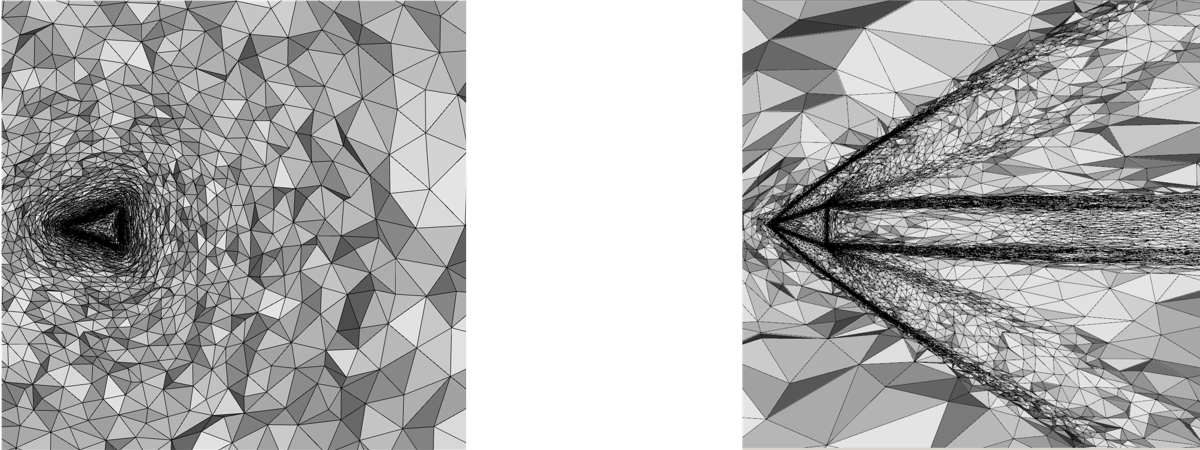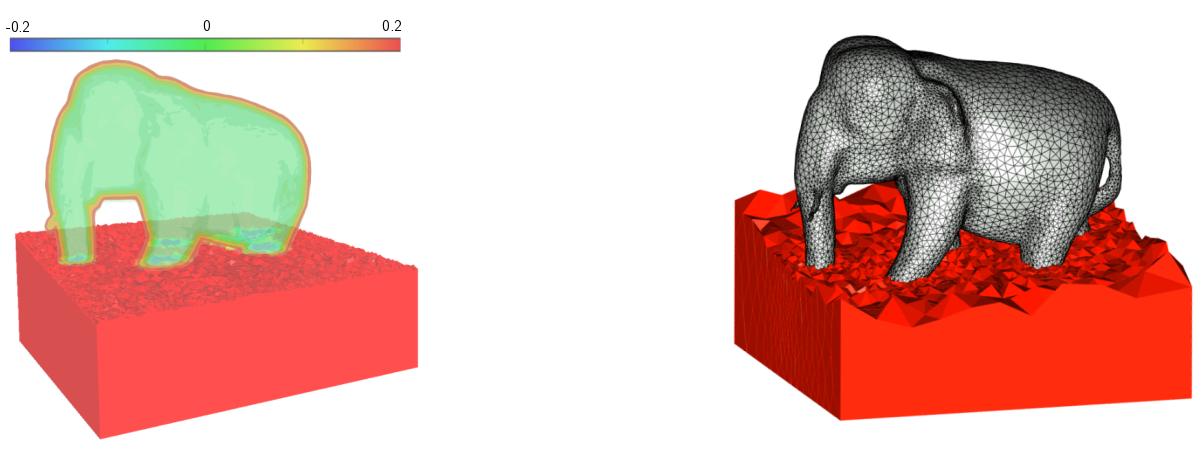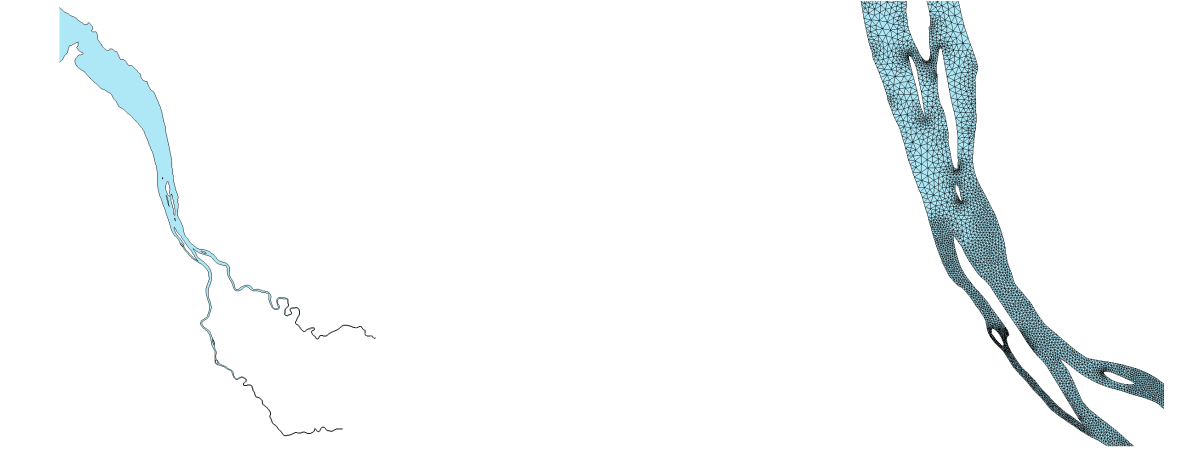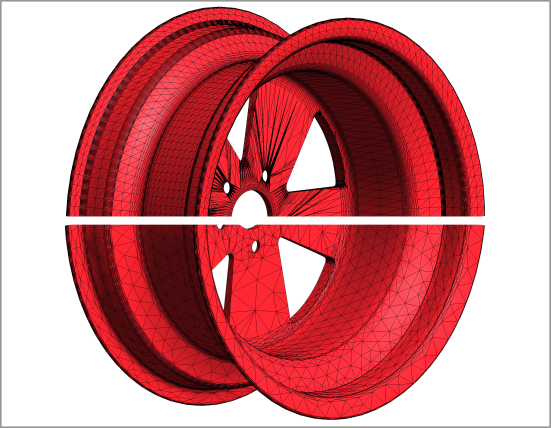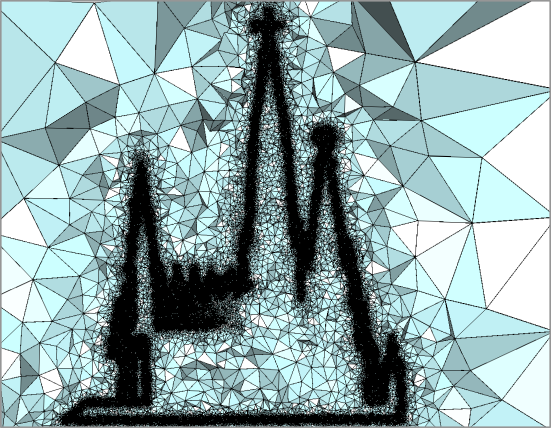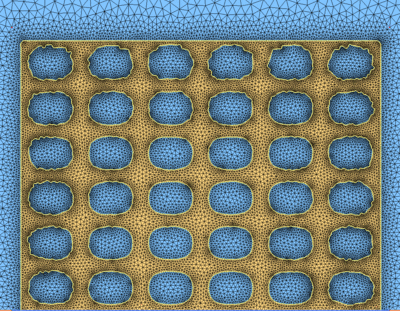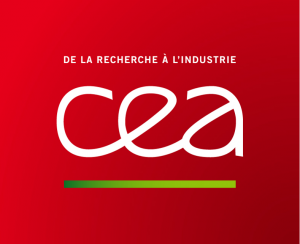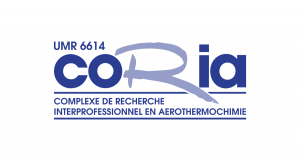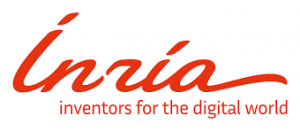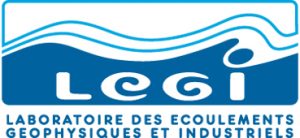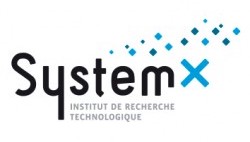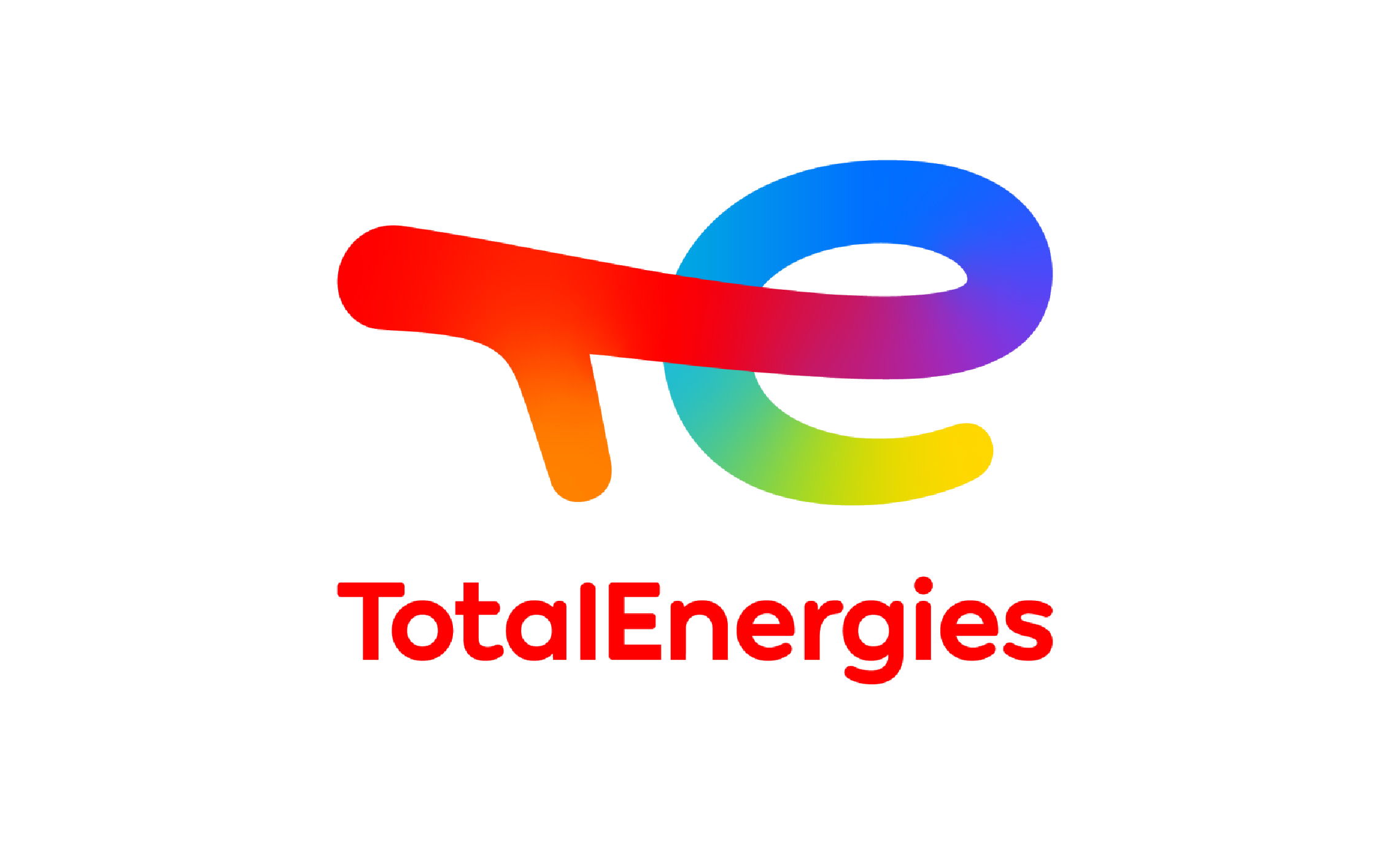- the mmg2d application and the libmmg2d library: adaptation and optimization of a two-dimensional triangulation and generation of a triangulation from a set of points or from given boundary edges
- the mmgs application and the libmmgs library: adaptation and optimization of a surface triangulation and isovalue discretization
- the mmg3d application and the libmmg3d library: adaptation and optimization of a tetrahedral mesh and implicit domain meshing
- the libmmg library gathering the libmmg2d, libmmgs and libmmg3d libraries
Because we believe that working together is the better way to improve, our applications are and will remain open-source (LGPL).
Discover the Mmg Platform (please, be patient, it may take a while).
|
|
|
|
The annual Mmg Day will take place on Wednesday, December 8!
The event is organized at Jussieu campus, Paris 6, but will also be accessible by visioconference. It aims to foster exchanges between Mmg users and developpers and, more widely, to discuss on meshes. This day will precede the freefem++ days. More info on the dedicated web page.
Mmg and ParMmg are now available within PETSc!
Thanks to the contributions of Joe Wallwork, Matt Knepley, Pierre Jolivet and Nicolas Barral, Mmg and ParMmg are now available within the DMPLex layer of the master branch of PETSc.
Mmg 5.6.0 and ParMmg 1.4.0 are out: don’t wait to download these new versions!
The Mmg release contains: various bug fixes; the robustification of isosurface discretization, more particularely in multi-material mode; internal modifications of the analysis to support the parallel surface analysis in ParMmg; a new possible argument for the -3dMedit command line argument: now -3dMedit 3 allow to pass from a 2D mesh…
The LEGI joins the Mmg consortium!
Welcome!
They sponsor us
They Use us
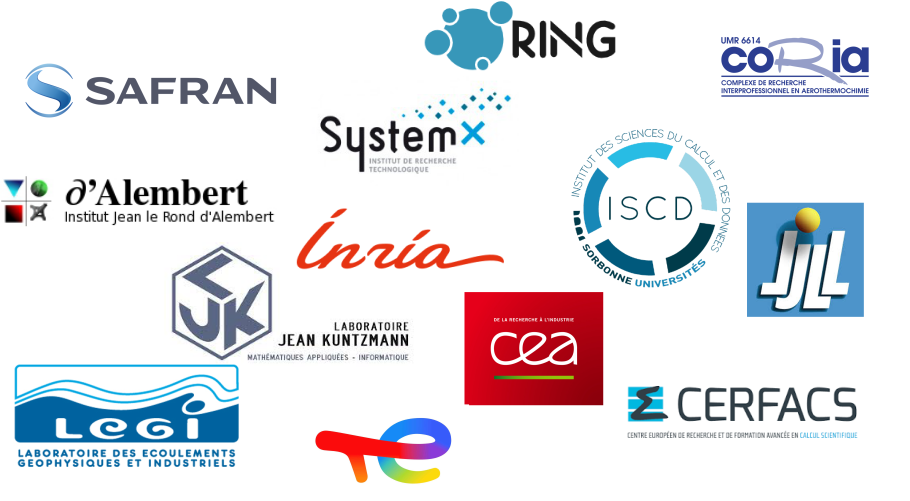
Recent research projects
- ANR project Shapo (ANR-18-CE40-0013 SHAPO)
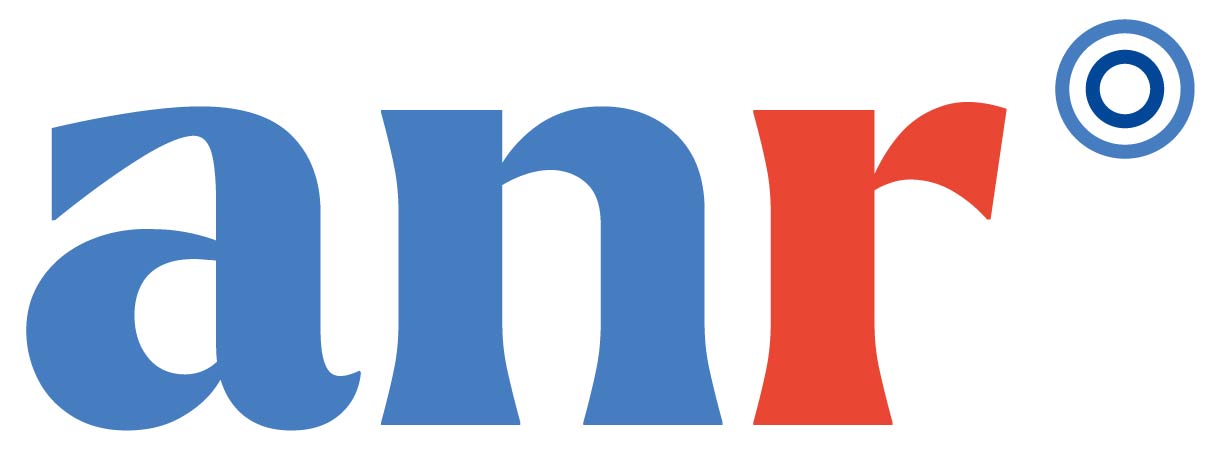
- European project MICROCARD
This project has received funding from the European High-Performance Computing Joint Undertaking EuroHPC (JU) under grant agreement No 955495. The JU receives support from the European Union’s Horizon 2020 research and innovation programme and France, Italy, Germany, Austria, Norway, Switzerland.
EuroHPC projects are for one half funded by the EuroHPC Joint Undertaking, and for the other half by the national funding agencies of the project partners. - IRS project CAOS (Université Grenoble-Alpes)

